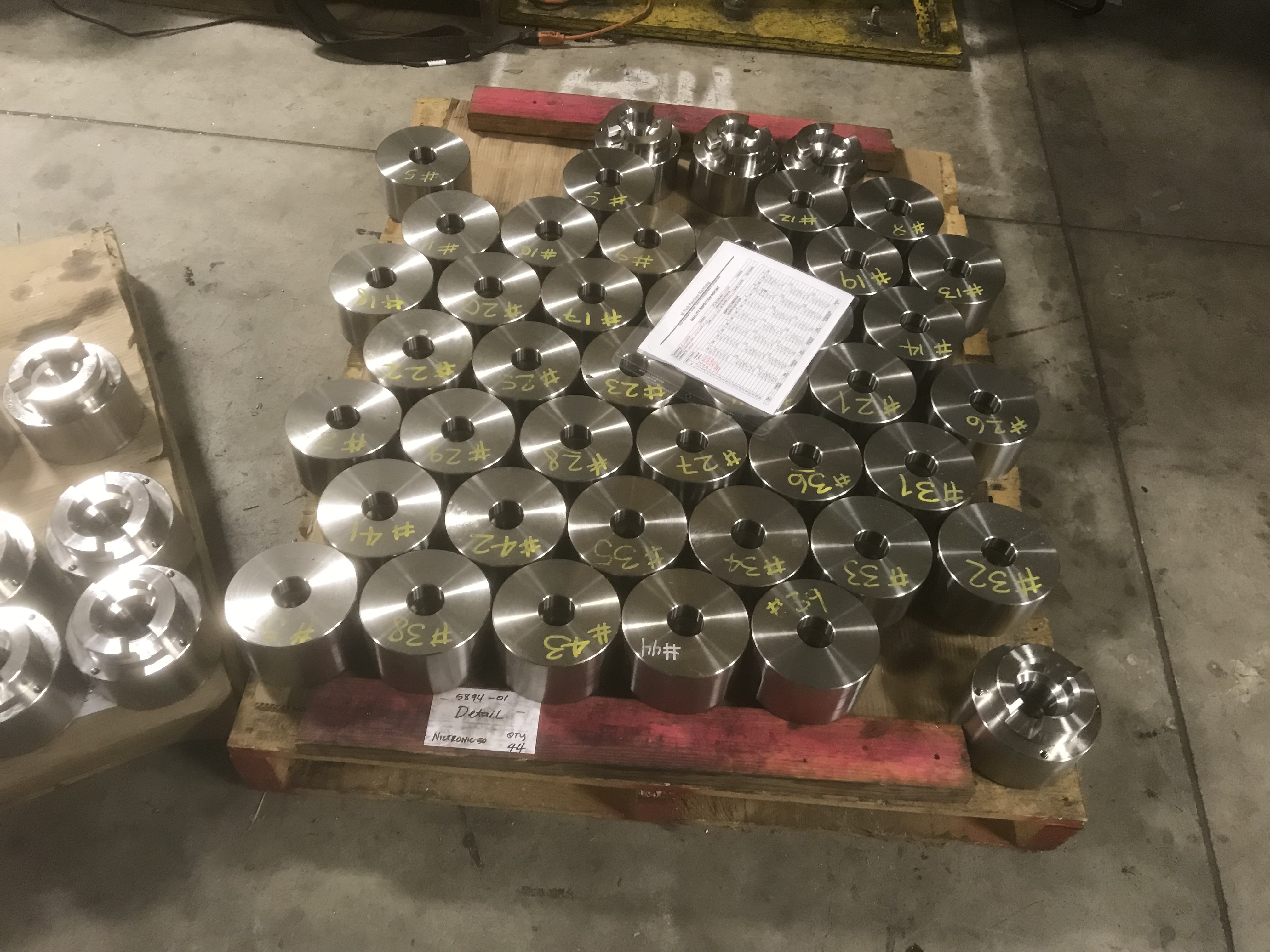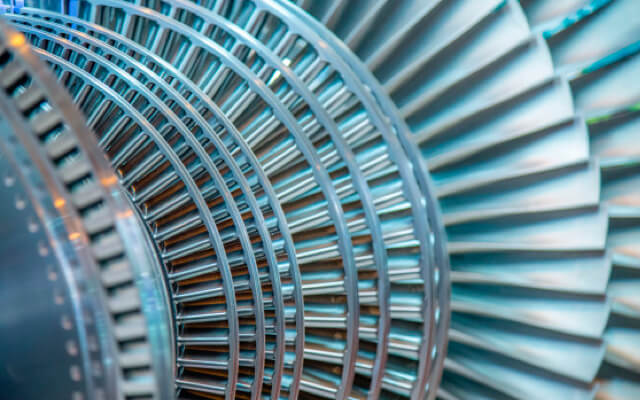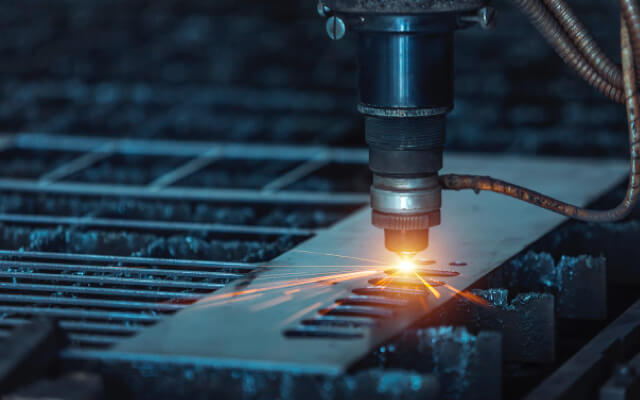Precision CNC machining has undoubtedly changed the mode of the functionality of various industries. Precision machining is silently playing a more central role in the lives of most people worldwide, even without their realization.
Businesses are thus growing more dependent on, and can barely do without the precision machine services The few businesses that are still surviving without it are constantly being nudged into embracing the imminent change.
As the technological age grows monstrously impactful, businesses are being forced into adaptation to stay afloat. This is apparently because entrepreneurs have accepted the fact that the businesses that survive in this digital era are those that adapt.
This trend is continuing to mushroom as seen by the increase in precision machined products in Houston. These hyper-speed innovations that are driving the expansion of global markets come with their own unique set of challenges.
These challenges keep the global manufacturing industry on its toes. This is due to the need to practice safe and sustainably accurate manufacturing practices that loom large on all businesses.
Businesses that stick to rudimentary tools instead of embracing computational numerical controlled (CNC) machines will not stay in business. The precise nature of such high-tech fabrication services gives firms that employ it a cutting edge over competitors.
The four main reasons why precision machining is highly sought after, therefore, and is better for products, include:
- Increase in production speed
The use of modern equipment that makes use of powerful animated drawings to interpret blueprints is turnkey. This eliminates the need for snail pace human hand movements before executing commands.
This is not to mention the fatigue that is inevitably bound to hit humans as well. The longer hours that these machines work for while producing higher output at a relatively cheaper cost all but guarantees greater quality.
Nothing beats consistency and when this consistency is in producing quality machined products, customer confidence is built and maintained. Brand awareness heavily relies on internal cohesiveness which comes from having internal superiority.
The additional opportunity to improve existing factory outflows guarantees efficient job execution. Getting the product to the market faster is an edge in itself as firms that use archaic methodologies lag. Faster production cycles also imply added flexibility in responding to customers and new industry requirements for changes.
- A cutback in the number of manifested errors
Precision machined products are a result of specific keyed-in specifications which are a go-ahead for the automated process to kick in. If these specifications were correct, then the chances of errors occurring are all but eliminated.
This is a big contrast to human machining which takes a host of volatile factors into account. The problems, if any, that affect the human in question become the problems of the machining process itself.
The subsequent errors imply further financial input in correcting them. This a massive setback that will reflect through increased overhead costs. These errors also reduce the number of happy customers due to reduced supply.
In the medical electronics industry, for example, even slight millimeters count and can make all the difference in global manufacturing. Thus, results from the accuracy of drawings and specifications are precision machined products. The opportunity that results, enables businesses to explore smaller niche markets with a prospect of higher returns.
Since precision machining allows for a flexible product development phase, the niche opportunity can be comfortably explored. On discovery of the existence of demand, production can then be taken full scale. This is easy since the initial prototypes have functional parts instead of the concept design prototype. The former instill much-needed confidence in the product from potential investors and stakeholders.
- Notable cost savings
Considering reduced overhead costs, precision machining does away with monthly salaries, periodic wages, and additional benefits that human employees need.
This saved expenditure can be redirected to improving key business areas such as operations, supply chain management, and marketing. A wider customer base heavily depends on the efforts channeled towards customer acquisition and retention.
Having a wider budget for business growth leads to the expansion of customer need meeting avenues. Every process hereafter is adjusted to fit the overall picture in the form of reduced manufacturing costs.
A definite financial plan is tied to a successful production process as side budgets that go for contingencies are eliminated. Businesses can therefore adopt a laid-back approach since they are all but sure of the accuracy of results.
- A remarkable reduction in waste
Production cannot be said to be fully successful if the process is not efficient. Waste should ideally be kept as minimal as marginally possible. This waste may manifest through unaccounted for expenses, wasted time, and poorly allocated key ingredients.
Precision machined products are a result of maximum efficiency. The highly accurate software programming accounts for every second and every piece of metal involved in the process.
When these are appropriately used, it is a massive boost to a business’s long-term success which is tied down to efficiency. Any excess time is also channeled, by engineers, to actual product development instead of miniature design changes.
Minor modifications are a reserve of the prototyping stage and not the final production stage. Any product that is approved for production needs to be in line with set industry standards and regulations. Eliminating waste from the start to the end of production observes the core concept of precision machining.
Conclusion
Multiple industries rely on contract CNC precision that helps them design and prototype precision parts. This is also true for large-scale runs that concern turnkey products. By getting their precision parts machined promptly to fit desired specifications, businesses stay on track for success.
This takes advantage of the more exact module that technological revolutions have laid out. The improvements attest to the fact that the benefits will continue, if not increase, despite further technological advancements.
Businesses can also truly benefit from safer production as accidents are nothing new in manufacturing. With the continually improving automated precision machining process, chances of accidents will lessen and only the resounding benefits will remain.







